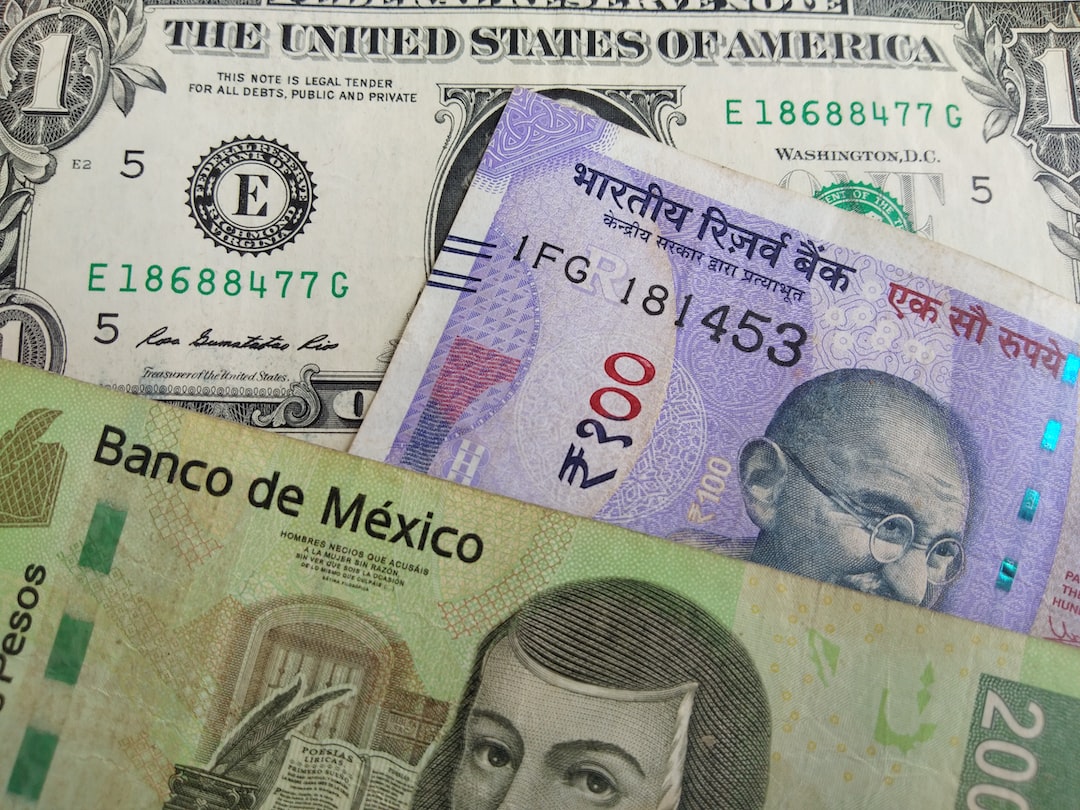Trading stocks and forex are two of the most popular ways to invest in the financial markets. Both offer the potential for significant returns, but they are fundamentally different in terms of the assets being traded, the trading hours, the level of risk, and the strategies used. In this article, we will explore the key differences between trading stocks and forex and help you decide which is the right option for you.
Assets Traded
The most obvious difference between trading stocks and forex is the assets being traded. When you trade stocks, you are buying and selling ownership in a company. This means that you are purchasing a share of that company’s profits and losses. Stocks are bought and sold through exchanges, such as the New York Stock Exchange, and are traded in units called shares.
On the other hand, forex trading refers to the buying and selling of currencies. Forex traders aim to profit from the changes in exchange rates between different currencies. The forex market is decentralized, meaning that it doesn’t have a physical location or a central exchange. Instead, transactions are conducted electronically through the interbank market, which is a network of banks and financial institutions.
Trading Hours
Another key difference between trading stocks and forex is the trading hours. The stock market has set trading hours, usually from 9:30 am to 4:00 pm Eastern Standard Time. This means that traders have a limited window of time to execute their trades. The forex market, on the other hand, is open 24 hours a day, five days a week. This means that traders can trade currencies at any time of the day or night, making it more accessible for traders in different time zones.
Level of Risk
Both trading stocks and forex carry a level of risk, but the level of risk differs between the two. Trading stocks is generally considered less risky because stocks are backed by tangible assets, such as buildings, equipment, and inventory. This means that even if a company goes bankrupt, there is still a chance that shareholders will receive some of their investment back. However, stock prices can be volatile and subject to sudden changes, making them risky in the short term.
Forex trading, on the other hand, is considered more risky because currencies are not backed by tangible assets. The value of a currency is determined by a variety of factors, including economic and political events, and can be highly volatile. Forex traders must also contend with leverage, which allows them to control large positions with a relatively small investment. While leverage can amplify profits, it can also magnify losses, making forex trading a high-risk, high-reward proposition.
Strategies Used
Finally, the strategies used in trading stocks and forex are different. Stock traders generally use fundamental analysis, which involves analyzing a company’s financial statements, earnings reports, and other data to determine whether the stock is undervalued or overvalued. Technical analysis, which involves using charts and other technical indicators to identify trends and patterns in stock prices, is also commonly used.
Forex traders, on the other hand, rely heavily on technical analysis. Because the forex market is highly liquid and subject to frequent changes, traders use charts and other technical indicators to identify trends and patterns that can indicate the direction of the market. Forex traders also use a variety of trading strategies, including scalping, swing trading, and position trading, to take advantage of short-term and long-term market trends.
Conclusion
In conclusion, trading stocks and forex are two popular ways to invest in the financial markets, but they are fundamentally different in terms of the assets being traded, the trading hours, the level of risk, and the strategies used. Stock trading is generally less risky and relies more on fundamental analysis, while forex trading is more risky and relies more on technical analysis. Ultimately, the choice between trading stocks and forex depends on your investment goals, risk tolerance, and trading style.





